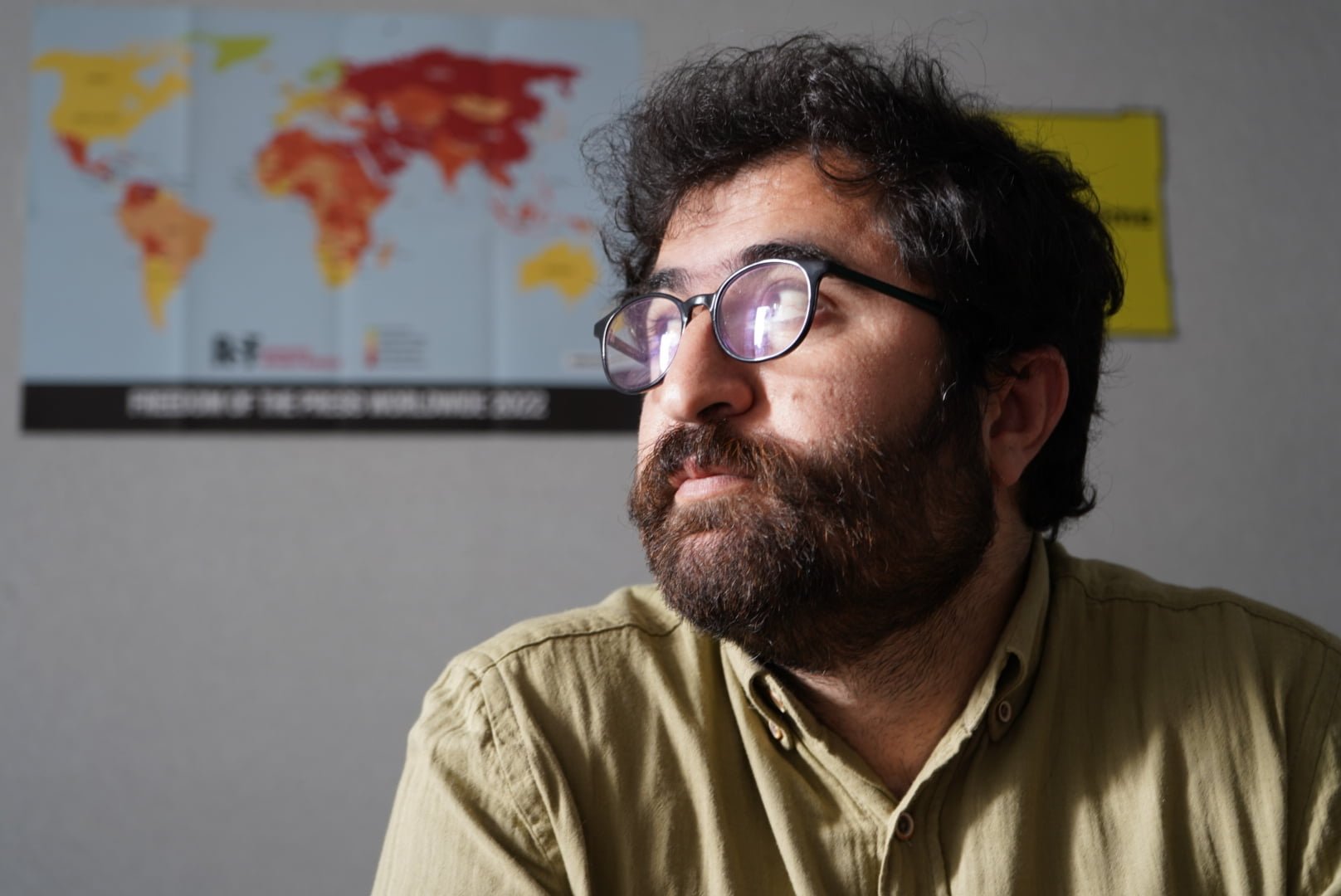
How do we protect ourselves from post-earthquake trauma?


- 5 Mart 2023 16:08
After the Kahramanmaras earthquake, many other earthquakes occurred. According to official figures, more than 45 thousand people died in these earthquakes in Turkey. More than 2 million people have been displaced.
For those who physically survive the earthquake, there is also a risk of mental breakdown.
Canan Yalçin, a psychologist from Vienna, answered Botan Times’ questions. She explained how those who have experienced earthquakes can protect themselves spiritually.
What are the most common post-earthquake psychological symptoms, and do you have any tips to help people protect themselves from trauma?

Common post-earthquake psychological symptoms include anxiety, panic, depression, stress, and post-traumatic stress disorder (PTSD).
In order to protect from trauma after an earthquake, people need to pay attention to both physical and psychological factors.
I can suggest a few strategies that can help psychologically.
- Prioritize safety and personal care: This means taking steps to keep your surroundings safe. Get medical attention, ensure access to basic needs like food and water, and prevent further harm.
- Recognize and acknowledge emotional responses: It is natural to have many emotions after an earthquake, such as fear, anxiety, anger, and sadness. It is important to encourage people to recognize and acknowledge these feelings, rather than trying to suppress or deny them.
- Connect with others: Connect with people who have experienced the same earthquake or similar trauma. This helps individuals feel less isolated and provides a sense of support and connection.
- Get professional help: If someone continues to experience trauma symptoms, such as flashbacks, nightmares, or hypervigilance, they should get help from a mental health professional trained in trauma therapy.
In summary, it is important to recognize the potential impact of earthquakes on mental health and to take proactive steps to promote safety, emotional regulation, and social support after an earthquake.
How is the normalization process after the earthquake and how long does it take?

I can say that the normalization process after the earthquake is different for everyone. For some this process is quick and easy, but for others it can be more complicated and needs more time.
An important factor that can affect the normalization process is the size and severity of the trauma experienced during the earthquake.
For people who suffer a significant physical injury, the loss of a loved one, or major damage to their home or community, it will take longer than those who have experienced less severe trauma.
Another factor that can affect the normalization process is the mental and emotional state of the people before the earthquake. People who already have mental health problems such as depression or anxiety may be more vulnerable to the impact of an earthquake and may need more support to get back to normal.
In terms of time, the normalization process can take months or years. However, it is important to note that everyone’s journey is unique and there is no set time for recovery.
Overall, the key to a successful normalization process is a combination of emotional support, effective coping strategies, and access to appropriate treatment and resources.
This includes therapy, stress reduction techniques, social support, and a healthy lifestyle. The process can be difficult, but with the right support and tools, individuals can regain a sense of control and peace in their lives.
Psychologist, Canan Yalçin
Cover photo: Murat Bayram, Adıyaman, 19.02.2023
NÛÇEYÊN DAWÎYÊ
Akademîsyen Şehmus Kurt dê li ser ‘Perwerde û Hînkirina Kurdî li Tirkîyeyê’ biaxive25/04/202416:04 Perwîz Cîhanî dê li PCSyê “Mem û Zîn”ê şîrove bike25/04/202415:12 KSC dê 9emîn gotûbêja xwe li dar bixe25/04/202415:03 Stêrkek Xuricî ji nav Dilê Zarokatiyê25/04/202412:33 Amed – Zinarê Xamo dê gotûbêjekê bike25/04/202411:11
NÛÇEYÊN DÎ




